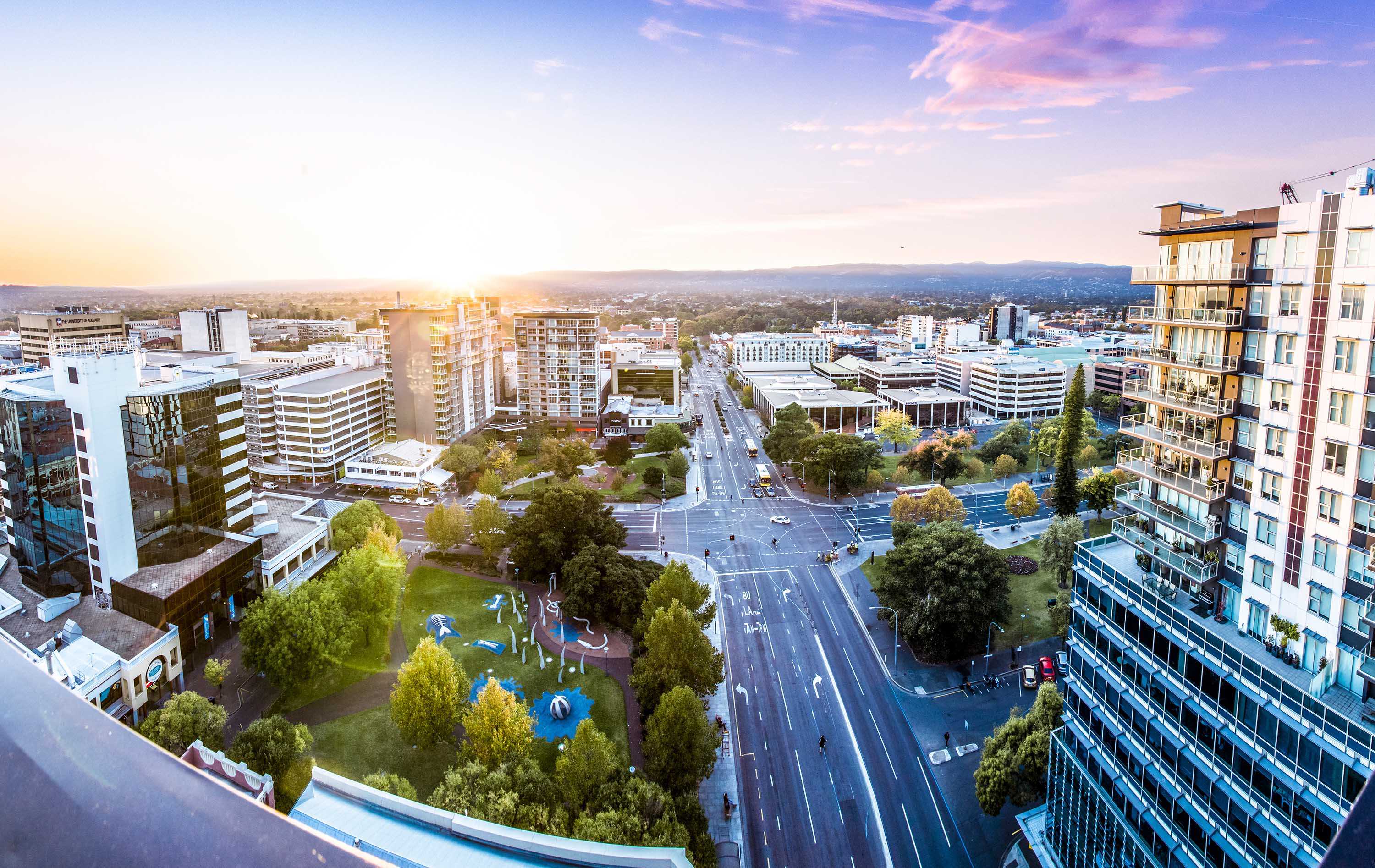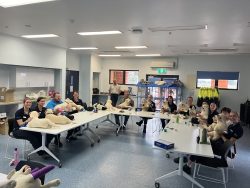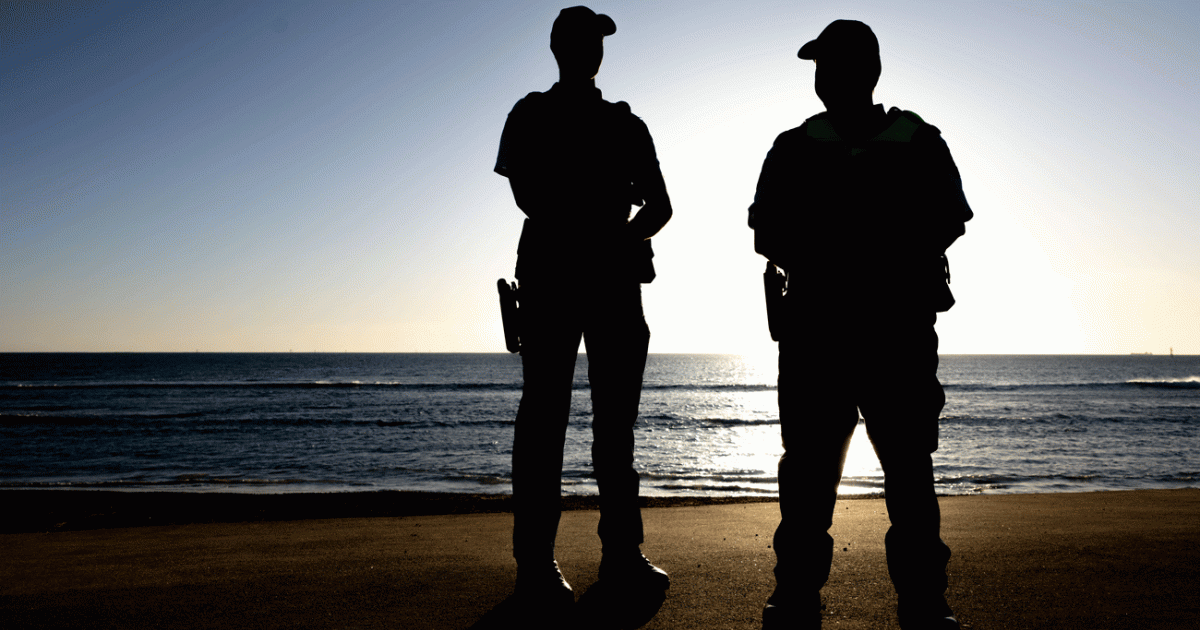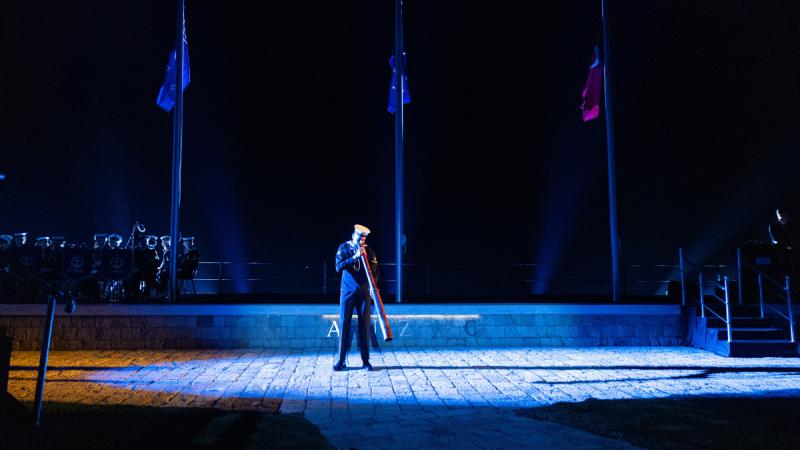Human rights defenders in Afghanistan describe living under a climate of fear, threats, intense insecurity and growing desperation, a UN expert said today, calling for an urgent coordinated response from the international community.
“The threat is very real,” said Mary Lawlor, the UN Special Rapporteur on human rights defenders. “Defenders tell me of direct threats, including gendered threats against women, of beatings, arrests, enforced disappearances, and of defenders being killed. They describe living in a climate of constant fear.
“Among those most at risk are defenders documenting alleged war crimes, women defenders, in particular criminal lawyers, cultural rights defenders, especially those working in banned sectors such as music, and defenders from minority groups. Defenders tell me that some have erased their online data history to evade identification, and that the Taliban are resorting to other ways of finding them – for example that one HRD was identified by an injury to his leg.”
Lawlor said she had received online testimonies* from around 100 human rights defenders, including those in rural provinces, detailing specific tactics used against them. The Taliban have raided the offices of human rights and civil society organisations, searching for the names, addresses and contacts of those who used to work there, she said.
“Many defenders are well known in their local communities, in particular in rural areas, and have left for the anonymity of the cities, but even there they are forced to constantly change locations,” the UN expert said. “Most have also lost their source of income, further limiting their options to find safety.”
Lawlor called for immediate international support to act on concerns of local defenders, including an urgent plan for the evacuation of defenders at high risk, along with their families.
“These are the people who have been fighting for 20 years to advance human rights in their home towns and cities,” she said. “Many say they feel abandoned. States who have supported their work for the past two decades must do more to provide visas, travel documents and routes to asylum for the hundreds of defenders left behind and at risk.”
*Selection of anonymized testimonies:
“There is no freedom of association, no gatherings no freedom of expression. Every day 5 or 10 people are being arrested. Family members are afraid of being recognised. Human rights defenders and others are being pursued, arrested and killed. Family members don’t even claim the dead bodies in the street. They are afraid. Human rights defenders were not prioritised in the evacuation efforts.” – woman human rights defender (WHRD) in western Afghanistan.
“Freedom of expression is very limited. The media cannot operate freely. HRDs and WHRDs cannot raise their voices now. They will be threatened if they do.” – HRD in south
“The Taliban cannot be expected to stick to their word. They are unanswerable to anyone. HRDs were the public face of the human rights movement, they are now at risk. Women are the victims of this takeover. The future looks dark.”
“I worked in 34 provinces of Afghanistan for women’s rights. I am at home and can’t go to the office. There is no space for women leaders and activities for human rights defenders. HRDs are being smeared as foreign agents. Women want to keep working, to protect the gains made for women’s rights in the last 20 years. Today there’s no education or jobs for women.”
“There are 38,000 prisoners who have been released. They were the people who had problems with the HRDs and those working on justice and rule of law. Released prisoners are a direct threat to HRDs.”
“A mother came to me and complained about the torture of her 12-year-old child by the Taliban. She asked me to help him as a child rights activist. She thought that even now we could defend their children’s rights, but what was not clear to her, was that I have no more authority and the ability to defend her and her son, as I myself have been sidelined along with human rights activism in Afghanistan.”
Mary Lawlor’s call was endorsed by: Ms. Reem Alsalem,Special Rapporteur on violence against women, its causes and consequences; Ms. Alexandra Xanthaki,Special Rapporteur in the field of cultural rights;Mr. Clément Nyaletsossi Voule,Special Rapporteur on the rights to freedom of peaceful assembly and of association; Ms. Fionnuala Ní Aoláin, Special Rapporteur on the promotion and protection of human rights and fundamental freedoms while countering terrorism;Ms. Melissa Upreti (Chair), Ms. Dorothy Estrada Tanck (Vice-Chair), Ms. Elizabeth Broderick, Ms. Ivana Radačić, and Ms. Meskerem Geset Techane, Working Group on discrimination against women and girls; Mr. Morris Tidball-Binz, Special Rapporteur on extrajudicial, summary or arbitrary executions;Ms. Siobhán Mullally,Special Rapporteur on trafficking in persons, especially women and children.








